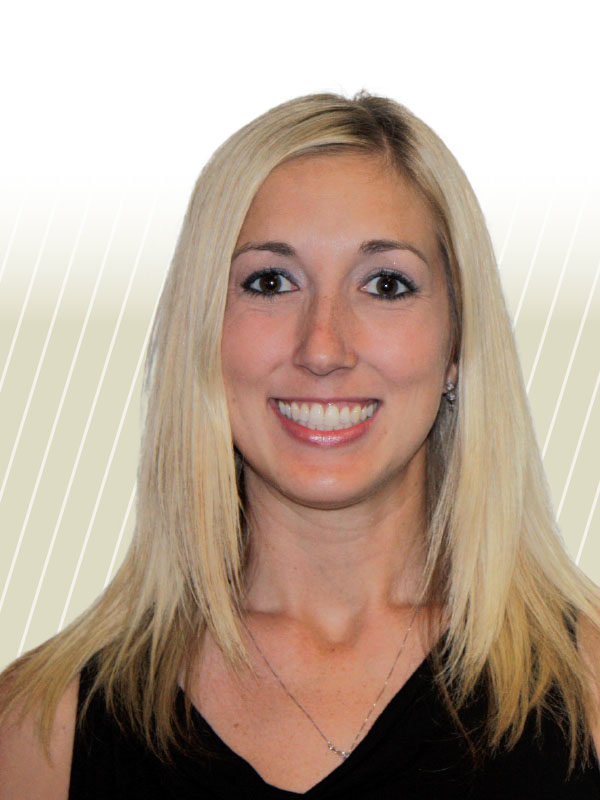Heather Thompson is the first to admit she’s never been an athlete. “I’ve always been on the sidelines,” says the business manager, athletics, Southeastern Louisiana University, Hammond.
So when she accepted her current position, she was shocked by the pregame complexities of sporting events. “I had no idea the amount of work involved in hosting a game, not just from the standpoint of the coaches and team practices, but also from game operations,” she says. “Getting a venue ready for fans, scheduling people to sell and take tickets, arranging for security and ushers, and planning the entire game operations: It takes intricate teamwork to host a single game.”
Thompson, who graduated from Southeastern with degrees first in finance and later accounting, returned to the university as an employee in February 2012. Since both she and husband Robert are CPAs, it’s not surprising that their two boys, ages 2 and 4, have a favorite pastime involving math.
“Both count everything,” Thompson says.
How is it being a business manager in athletics?
In this job, there’s a little bit more of a mission and sense of accomplishment. I get to see the impact of what I do on student athletes and coaches.
For example?
I have evaluated our travel— one of the largest expenses in the athletics budget—to determine whether it is cheaper to fly or take a bus or van to get teams to events. In several instances, I found that flying is less expensive because we eliminate a hotel stay and travel time.
Flying also gives us a competitive advantage because the team isn’t on the road for 12 or so hours.
Describe a challenging situation you have faced and how you dealt with it.
When I first began overseeing the ticket office, we had an issue with the football games. This past year, our football team began winning—and made it to the playoffs—so the crowds increased tremendously. At one of the first games I oversaw, we had such a high student turnout that we couldn’t quickly get students into the game.
To accommodate the crowds, we copied the Disney philosophy of multiple aisles. We established a student gate with five lines of traffic instead of one.
Have you encountered any unusual requests or interesting situations since you began supervising the athletic ticket office?
Nothing too unusual. For people who want discounts or something for free, we have established policies that explain the process for giving out complimentary tickets. This protects our workers while ensuring that they are not misappropriating state assets.
Who might get free tickets?
One example: We have a pass list for the players, who are allowed to have a certain number of family members come watch them play. Those tickets are typically free.
In your opinion, do universities place too much emphasis on sports? Just enough? Not enough?
It varies from university to university. I believe there’s often an undeserved stigma associated with student athletes. People don’t realize how hard student athletes really have to work. Sure, when they compete, they might miss a class or a test and professors accommodate that, but these are the same students who are here at 6 a.m., practicing and doing conditioning training. Trying to balance a competitive sport with schoolwork is stressful.
If you could change one policy at your college, what would it be?
I don’t know whether this is apolicy as much as a philosophy: We have a high employeeretention rate with a lot of peo-ple reluctant to make changes to our processes. Sometimes,for the sake of efficiency, we all need to re-evaluate and ask, “Is this really the best way? Is this report really accomplishing its purpose?”
One of the challenges I’ve faced is to get people to step back, look at the whole picture and what we’re trying to accomplish, and then decide the best way to proceed.
MARGO VANOVER PORTER, Locust Grove, Va., covers higher education business issues for Business Officer.



